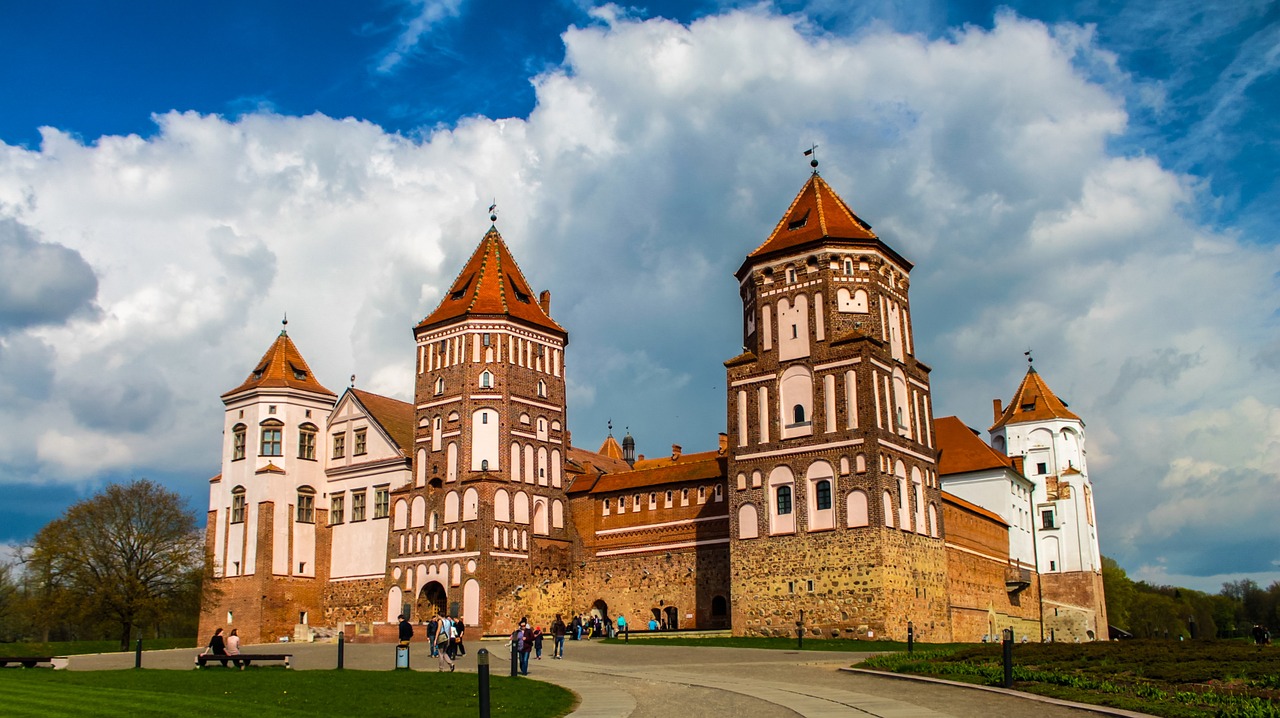
Belarus occupies a strategic position in Eastern European logistics, serving as a crucial transit hub connecting Russia and the wider Eurasian landmass with the European Union. This geographical advantage presents both significant opportunities and challenges for Belarus in developing its logistics sector and integrating into the broader regional and global supply chains.
One of the key strengths of Belarus’s logistics sector is its well-developed transportation infrastructure. The country boasts an extensive network of railways and highways, facilitating efficient overland transportation. The Trans-European transport networks (TEN-T), which aim to improve connectivity within Europe, intersect in Belarus, enhancing its role as a critical transit country. The East-West transport corridor, particularly the rail route connecting Europe and Asia, runs through Belarus, underscoring its strategic relevance in Eurasian trade.
Belarus’s logistics sector is also buoyed by its development of logistics parks and hubs. The Great Stone Industrial Park, an industrial and logistics park near the capital city of Minsk, is a notable example. This park, a Belarus-China joint venture, is positioned as a gateway for Eurasian economic cooperation and offers modern facilities and infrastructure for various logistics operations.
However, the country faces several challenges in fully capitalising on its logistics potential. Political factors, notably Belarus’s complex relationship with its neighbours and the wider international community, have implications for its logistics sector. Economic sanctions and strained diplomatic relations, particularly with the EU and the US, can hinder the development of international trade and logistics partnerships. Individual border crossings with the EU neighbours and Ukraine are often deadlocked with queues, or closed altogether, and since last spring that with Ukraine is generally considered a hostile frontier.
Another challenge is the need for further modernisation and diversification of the logistics sector. While Belarus has made significant strides in infrastructure development, there is a need for continued investment in technology and services to enhance efficiency and competitiveness. This includes embracing digital logistics solutions, improving customs procedures, and expanding logistics services beyond basic transportation and warehousing.
The country’s economic dependence on Russia, especially in energy and key exports, also poses a challenge. Diversifying its trade and logistics partnerships is crucial for reducing vulnerability to external economic shocks and for integrating more deeply into global supply chains.
Moreover, environmental concerns are increasingly relevant in logistics. With the global shift towards sustainability, there is a growing emphasis on green logistics practices. Belarus needs to adapt to these changes by implementing environmentally friendly logistics solutions, which could range from using cleaner fuel options to adopting energy-efficient technologies in logistics operations.
Belarus’s position in Eastern European logistics offers a mix of opportunities and challenges. Leveraging its strategic location and infrastructure, Belarus has the potential to enhance its role as a key logistics hub in the region. However, addressing political challenges, modernising the sector, diversifying economic partnerships, and aligning with global sustainability trends are crucial for realising the full potential of Belarus’s logistics sector. As the country navigates these complexities, its ability to adapt and innovate will be key to its success in the evolving landscape of regional and international logistics.






